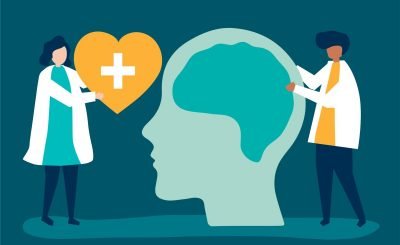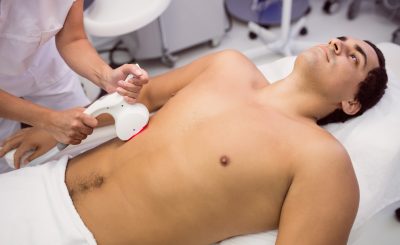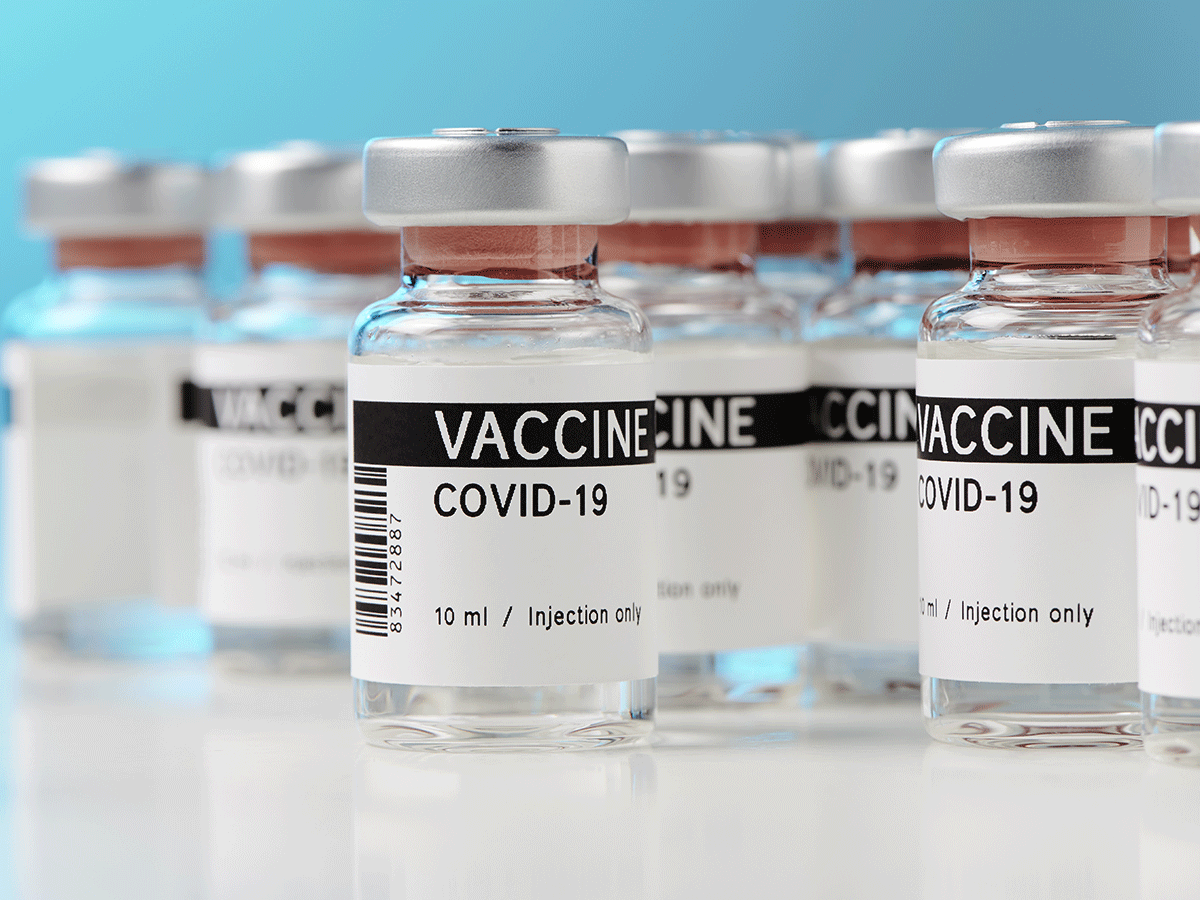Coronavirus infection is caused by a member of the coronavirus family that has never been encountered. There are many perceptions when it comes to coronavirus treatment. Although there has been active research in place for the coronavirus vaccine development, it is at a nascent stage. Given the severity of the coronavirus pandemic, it is quite common that people turn their attention to some of the established drugs. The mortality rate of the patients with Coronavirus ranged from less than 1% in young people to more than 3% in the elderly with underlying health conditions.
One of the hot trending drugs that have surfaced during the coronavirus treatment has been the Hydroxychloroquine, the anti-Malaria drug. Many eminent personalities like Donald Trump voiced their opinion in support of the use of the drug for the treatment of the coronavirus infection. Also, earlier, Elon Musk has tweeted in favor of the drug, stating that there has been proven research supporting its effectiveness in treating the infection.
In reality, as of now, there are no active drugs that have been approved for the treatment of Covid-19 disease. In a bid to spread awareness about the dangerous pandemic, the World Health Organisation (WHO), has been continuously educating the people through its website.
What is Coronavirus?
For those unaware, Coronaviruses are a family of viruses that include the SARS (Severe Acute Respiratory Syndrome), cold and MERS (Middle East Respiratory Syndrome). There are at present six known strains of Coronavirus that infect humans. The family of coronaviruses causes mild to moderate upper respiratory illness. The new Coronavirus Outbreak that has been spreading rapidly across the globe is due to a new strain of Coronavirus that had not been reported earlier.
Symptoms of the Novel Coronavirus Disease
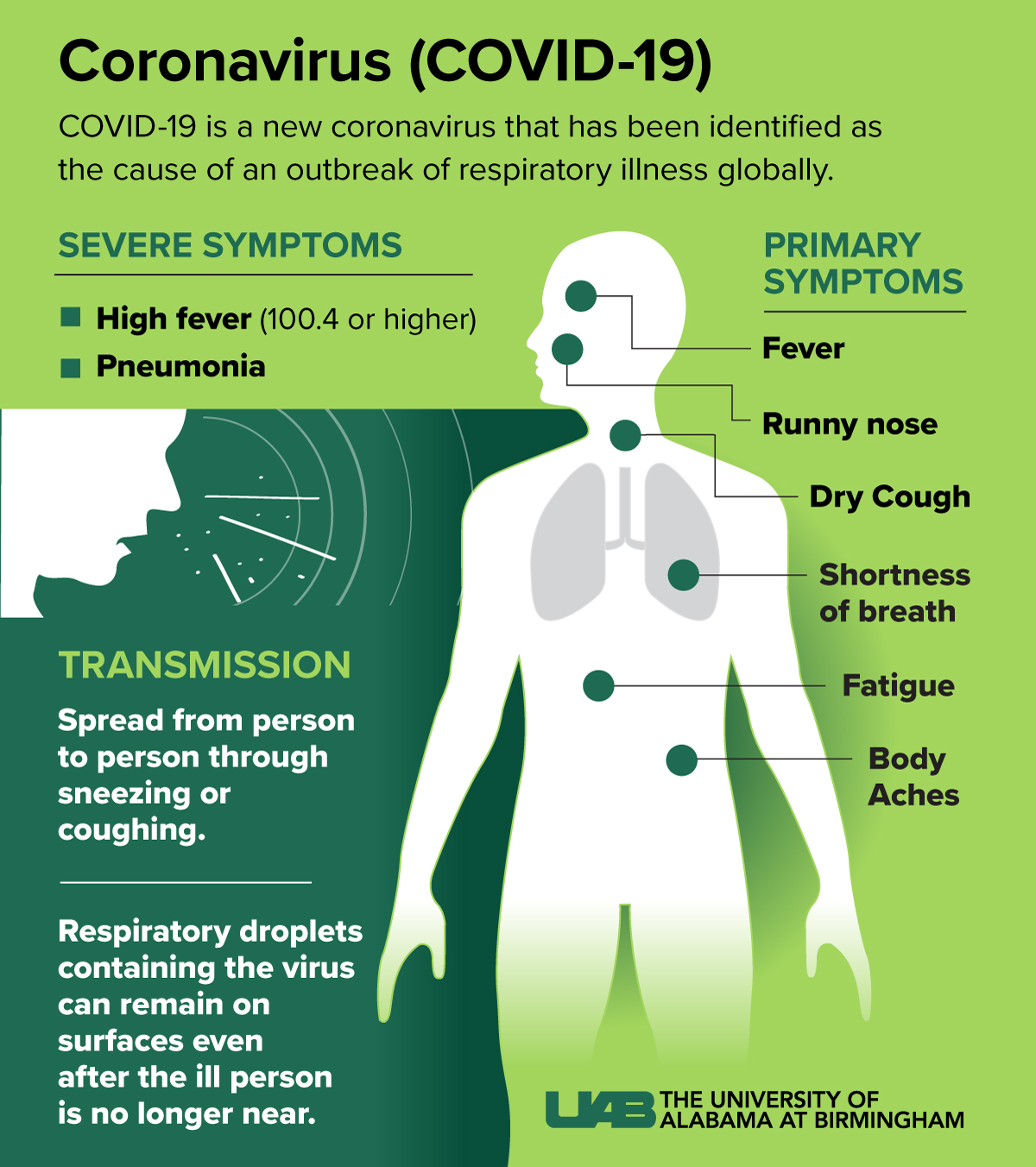
Source: UAB
The Covid-19 infected persons may show little to no symptoms of the infection. The incubation period of the novel Sars-Cov-2 ranges from 2 days to 14 days. Most of the symptoms of the Covid-19 are similar to seasonal flu or cold. Some of the common symptoms of the disease include:
- Fever
- Cough
- Breathing difficulty
- Pneumonia in both lungs
- Runny nose
- Sore Throat
- Nasal Congestion
- Headache
A majority of the coronavirus patients, around 80% may experience a mild case or a common cold and may be recovered without any coronavirus treatment. But the elderly people with underlying medical ailments like Diabetes, Heart attack, and respiratory diseases seem to be at high risk when contacted with the disease. Antibiotics are of no use as this is viral pneumonia. Also, the anti-retroviral drugs which are effective against the flu are found to be ineffective. The best means to recover from the illness seems to be the strengthening of the immune system.
Also Read: Coronavirus Study: 44,000 Confirmed Cases Suggests Elderly, ill and Health Workers at High Risk
Coronavirus Outbreak Traced to Snakes in a New Genetic Study
How does Coronavirus Infection Spread?
In any case, if you experience any of the symptoms, it is best advisable to maintain social distancing and stay at home. If you happen to be in the crowd, make sure to keep 1m distance from other individuals. The novel Coronavirus spreads through person to person contact. When a person is lying in your close vicinity coughs or sneezes, the droplets of the infected person may land in the nose or mouth or may be inhaled through the lungs resulting in the infection.

Source: Forbes
The LifeSpan of Novel Sars-Cov-2 on Common Surfaces
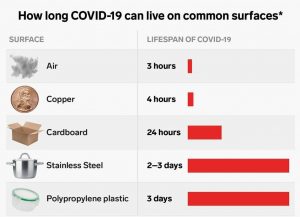
The lifespan of Covid-19 viruses varies on different surfaces and can survive outside for quite a bit of time. For instance, the virus can sustain in the air for three hours, on copper surfaces for four hours, on cardboard for 24 hours. The highest the Covid-19 thrives outside the host is on polypropylene plastic, where it can survive for 2-3 days. Similarly, on stainless steel surfaces, the virus can survive for about 2-3 days.
Coronavirus Treatment: Best Means to Protect Yourself and your Family from Covid-19
Currently, there is no anti-viral treatment for Coronavirus. The US centre for disease control and prevention has formulated some guidelines to stay away from Coronavirus:
- Wash your hands thoroughly for 20 seconds with soap water
- Maintain social distancing and avoid close contact with people around
- Use alcohol-based hand sanitizers featuring 60 per cent alcohol
- Avoid touching your hands to the eyes, nose, and mouth
- Staying at home is an advisable option when you feel sick
- Regularly sanitizing the surfaces and other objects in your house
When Should you Visit a Doctor?
If you happen to feel sick, it is advisable to stay away at home and avoid close contact with the people around you. You have to wear a face mask to prevent the spread of coronavirus infection. In case you are exposed to Covid-19 and experience symptoms like cold, continuous cough, and difficulty in breathing, you need to consult a doctor or take medical advice immediately.
Source: Reddit
Does Wearing Masks Offer Protection from the Coronavirus Pandemic?
Wearing a face mask does not guarantee that you are safe from contacting the Covid-10 infection. The infection can spread through eyes, and tiny viral particles are also known as aerosols, can penetrate the masks. However, the face masks prove to be effective in capturing the droplets of the infection, which is the principal route of corona virus infection. However, if you happen to be the one infected, then wearing a face mask may protect others around you from contracting the disease. Further, the face masks come in handy for healthcare workers and social workers who indulge in coronavirus treatment and are looking over the patients. Further, they also offer the necessary protection to the people when treating coronavirus patients. But in case of community transmission as seen in China, wearing a mask in public might prove effective.
Staying At Home Prevents the Spread of 2019-nCoV infection
If you experience any of the coronavirus symptoms, it is highly advisable to stay at home to prevent the spread of the infection. As of now, there is no proven Coronavirus treatment that has been effective in controlling the spread of the infection. So, while your stay at home, you should follow some guidelines:
- Must avoid public places or public transport at any cost.
- You should not go to the office, school or any outside place
- Stay away from friends or any visitors coming to your home
- You should never go out to buy food or medicines. Instead, you can order online and get them delivered to your home.
Also Read: Coronavirus Myth Busters: Top Myths Vs Facts Related to the Covid-19 Disease
Coronavirus (Covid-19) Patient Study paves the way for Efficient Vaccines
How long do I need to Stay at Home?
If you experience any coronavirus symptoms, then you are advised to stay at home for seven days.
After seven days, if you have a high temperature, then you need to stay at home until the temperature returns to normal.
If you happen to live with a Coronavirus infected person, then you need to self-quarantine by staying at home for more than 14 days. The reason behind it is that the coronavirus symptoms take 14 days to appear. After 14 days, if there are no symptoms of Coronavirus, then you can stop staying at home.

Source: Quartz
How to Stay Well at Your Home?
- Keep yourself hydrated throughout the day; drink plenty of water.
- To avoid being lonely, stay in touch with your family and friends via phone
- Indulge in some interesting activities like reading, cooking, online surfing, and keep yourself indulged and busy.
- Take Paracetamol to ease out the symptoms
- Use pain relievers like Ibuprofen or acetaminophen
- Use cough syrup or medication to relieve cough.
Why is it so difficult to develop a cure for Coronavirus?
As of now, there is no proven coronavirus treatment, and the process of developing a vaccine might take a bit longer. A virus causes the Covid-19 disease; an anti-viral drug that is developed must target the reproductive part of the virus. Viruses are highly adaptive; they reproduce rapidly and change their genetic architecture with every passing generation. This rapid change in genetic information (mutations) often poses a challenge to the developed vaccines.


